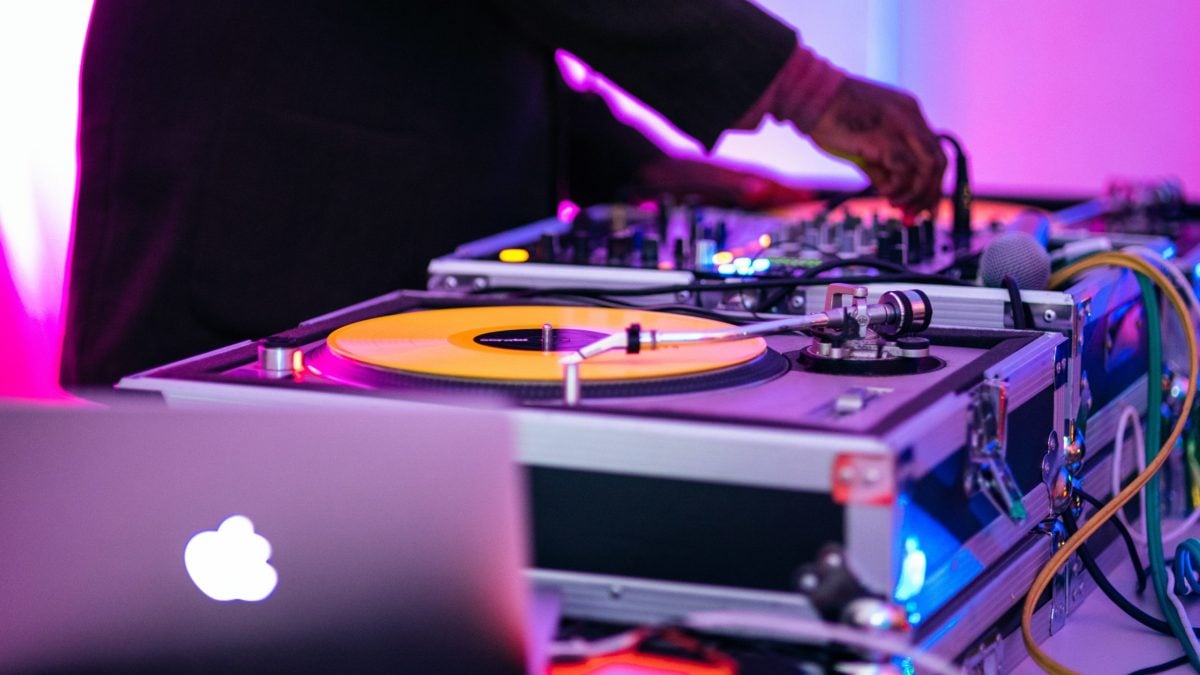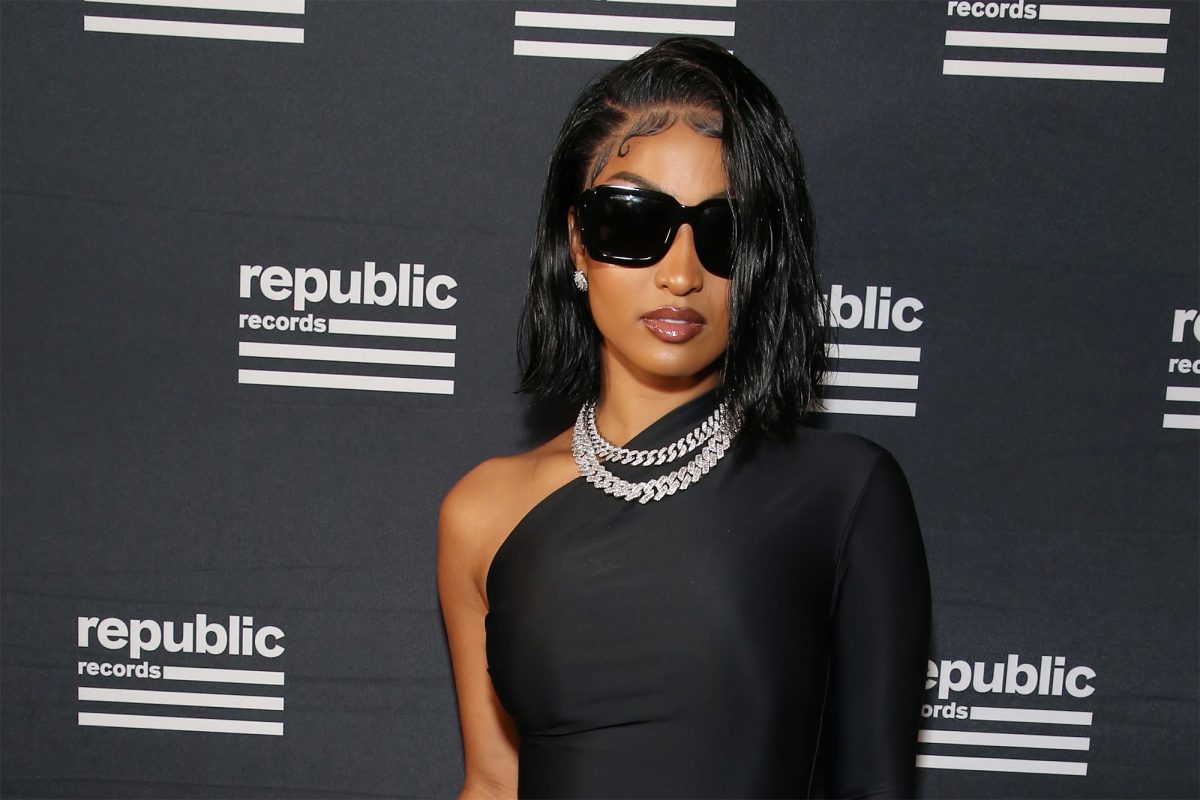Billboard Says Payola In US Stifling Independent Labels

It appears that payola, the phenomenon which the Jamaican Broadcasting Commission sought to have criminalized in the recent past, is the order of the day in the United States, where promotion executives from independent labels are complaining that a “pay-to-play toll is keeping them off the airwaves”.
Billboard reported that radio stations have supposedly taken advantage of a loophole in the US laws which prohibit payola, by using people described as “middlemen”, or “independent radio promoters”, who essentially control which tracks received airplay, all this, at a hefty cost.
Billboard cited an example of a major-label radio promotion executive, who, eager to maintain upward momentum of a track that was climbing into the top 10, attempted tried to get a radio station in a small city in the Northeast to put the song into rotation, but was held to ransom by a “middleman” who had “demanded $3,000 for an ‘add’”.
“It frustrates the hell out of me… but if you don’t pay, you don’t move up,” the executive was quoted as assaying about the radio airplay charts.
Another executive with experience in running radio campaigns for indie labels, noted that major labels “can throw so much money at a release and get it running up the chart”, but for independent labels, while they “can get something played at a small handful of commercial stations, once your budget runs out, you almost have a built-in ceiling”.
According to Billboard, some promotion executives at independent labels were concerned, so much so that they are “considering appealing for help from government regulators or investigators”.
Billboard also noted that radio was still critical to musicians, as even while it rarely breaks hits in the streaming era outside of country music, it remains important in building mass recognition and raising awareness in local markets for those on tour.
The last Jamaican artist to impact the Billboard airplay charts was Shenseea, who is signed to Interscope/Rich Immigrants. In April 2022, her R U That collab with rapper 21 Savage peaked at No. 25 and later spent nine weeks on the R&B/Hip-Hop Airplay chart.
The song had also entered the Rhythmic Airplay, Rap Airplay, and Mainstream R&B/Hip-Hop Airplay charts.

Radio airplay charts, the article noted, “continue to be a metric of success in the music industry internally, and airplay remains one of the components of the Billboard charts”.
Billboard reporters spoke with more than six promotion executives, who revealed that it is still common to have to pay in money or goods, to get a song added to a station’s playlist or to increase its spin count.
The article described the music landscape in the United States as ruthlessly competitive, noting that Independent labels are battling to gain exposure for songs, but these sorts of promotional costs put them at a distinct disadvantage with majors labels.
“Promotion executives offer varying estimates of the costs of campaigns, but sources say a serious push at triple A can run $30,000 and up, while making an impact at alternative radio is likely going to cost at least $40,000, but could take more than $60,000,” Billboard noted.
“A campaign at active rock and adult top 40 will often set a record company back even more, these sources say, and if a label sets its sights on the top of the mainstream R&B/hip-hop or top 40 airplay charts, the budget is likely going to be six figures. (Though one source claims you can launch a campaign at top 40 with $70,000.)” it added.
According to the article, two promotion executives claim that between 20 and 40 percent of this money, “depending on the format, will go to independent promoters who control access to specific stations, but that noted that “several indie-label executives say a budget of $15,000 for a radio campaign is their ceiling”.
The consensus of the independent labels’ promotion executives, is that the main “problem is that the cost is getting more and more.”
“It’s not surprising, then, that major labels accounted for more than 85% of the tracks on Billboard’s year-end 2021 Radio Songs chart. For comparison’s sake, a conservative estimate from December 2021 pegs the major labels’ share of recorded-music revenue for the year at 66.1% — indicating that indie labels play a larger role in the overall music ecosystem than they do on the airwaves,” Billboard stated.
According to the publication, payola is nothing new in the US, and has been “a fixture of the music industry since the early days of rock’n’roll”. It noted that Congressional hearings in the 1950s resulted in a 1960 decision that prohibited direct payments by labels (payola), but a loophole opened the door to independent promoters as middlemen.
The article even referenced Fredric Dannen who published Hit Men, an investigative history of the music business, back in in 1990, and who reported that major labels were paying out “as much as $80 million a year, (the equivalent of $210 million today) to middlemen to get their songs spins during the 1980s”.
Billboard also cited a 2004 investigation conducted by the New York Attorney General’s office, which revealed that the practice of paying for airplay was still flourishing as one promotion executive in a 2005 email obtained by the attorney general had written that: “Please be advised that in this week’s Jennifer Lopez Top 40 spin increase of 236 we bought 63 spins at the cost of $3600”.
It noted that despite the investigation by the AG, in 2007, and a pledge made by four major radio stations to the Federal Communications Commission, that they would “play more independent music on the air”, little had changed, and “payola remains a determining factor in commercial radio airplay.”
Some independent labels, according to the report, have either given up or do not venture into certain formats “because they just can’t afford it”.
Jamaica has had its own troubles with payola over the years. The most recent complaint came in June this year when cricketing legend, Chris Gayle, who is now a recording artiste, said he had to be “greasing the palms” of disc jockeys for them to showcase his songs in Jamaica.
The batsman had said that due to his earnings and net worth, many look at him as a “money bag”, and withhold play, unless there is pay.
Three months prior to Gayle’s revelation, veteran Dancehall hitmaker Admiral Bailey had pinpointed the soliciting or accepting of cash from artists and their proxies in exchange for airplay, by unscrupulous radio disc jockeys and greedy sound system selectors, as among the reasons Dancehall music had been on a downward spiral for almost two decades.
The issue of payola had been the bane of the Jamaican broadcast industry for many years, and mushroomed so greatly that the Jamaican Government had to intervene, via the Broadcasting Commission.
Executive Director of the Broadcasting Commission Cordell Green had declared in 2013, that it would be made mandatory for “all content for broadcast” to be “received, evaluated and approved through a library”, and an anti-payola campaign was also launched for which Queen of the Dancehall, Spice, served as one of the spokespersons.
